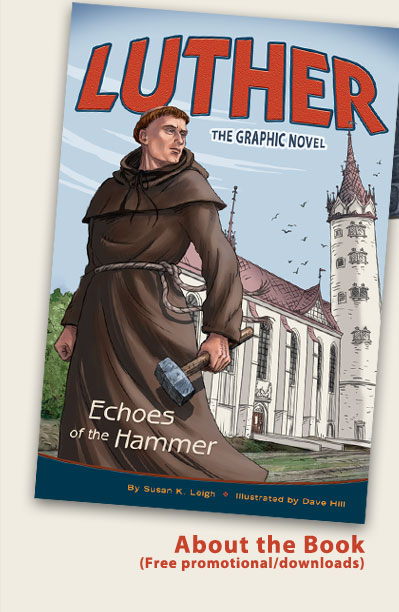Now, before that title worries you, I didn’t give seven sermons today. Instead, I heard seven sermons (one was a repeat so only six “new to me” sermons) today. With today being the first Sunday of my seminary year, that means that today was also my first Sunday at my field education site. It was great to be back serving the congregation I was at last year. People missed me and were excited to see me. I only talked to a couple of the people I really wanted to but it was great to be back, to be wanted, and to catch up with folks. And I remembered most of their names! After my time at my field ed site, I came home and tried not to fall asleep while studying greek vocabulary words. That was a struggle.
After my study time, I went back to my field site to witness an inter-faith service consisting of roughly ten congregations from a variety of faith traditions. The speaker was an iman from the Upper East Side. The place was packed and I believe there were more yarmulkes in the room than Lutherans. After the imans message (which was short and good), I left early and ran to another service at Holy Trinity Lutheran Church on Central Park West. In a beautiful building, I sat with an audience that was 65% clergy. We listened to bishops, presidents, and former bishops, talking about the founding of Lutheran Disaster Response New York. ELCA Presiding Bishop Mark Hanson spoke as well as former bishop Stephen Bouman and the current Atlantic-Synod President of the LCMS. There was singing, contemporary interpretations of psalms, gospels readings, and four sermons. By the end of it, I was in lala land – I think I was sermoned out.
During those sermons, I found myself drifting. Rather than reflecting back on the events of 9/11 (and where I was), I found myself returning to a visit I had over CPE. I was comforting the family and friends of a man who was dying. The man had become a father figure to a large number of children who lost fathers in the WTC collapse. One of their mothers was in the room and, after some time, I heard the story of how many times they had exhumed and re-interred her husband’s body. Very few remains existed at first but more was found after the first burial. It happened so often that the graveyard director said that if there were any more reports of remains, they should just cremate them and keep them because they’re not going to open that coffin again. After telling me that story, the woman then – half-jokingly – asked me what happens with her husband once the bodily resurrection comes? Does he come back whole? Is he just walking around in pieces? There was a bit of black humor there but I could sense she was hoping for a slight answer and the opportunity to expand on what fears and concerns she had. Luckily I was interrupted by the dying man and I never had to answer her question. I didn’t have an answer for me. It was a question I never really thought about nor cared to ask. It’s possible that too many zombie movies have interfered with my ability to process that kind of resurrection.
Yet, as I sat in the pews tonight, I kept going back to that story. In a sense, it is one of my more recent overt interactions with the events of 9/11. I haven’t been down to the World Trade Center site in awhile. When I saw the structure while in the Village yesterday, I didn’t believe that it was as tall as it is (82 stories so far!). I don’t really think about 9/11 very much anymore. The outcomes of that event – the security shakedown in the US, in subways, the wars and deaths of thousands of people – all have, in away, become background noise to me. I was still in college when 9/11 happened. I’ve lived in a post-9/11 world ever since I moved to New York. 9/11 has always hovered in the air and, in away, is part of the fabric of the New York culture and story. The event happened and has woven itself into the culture of New York. New York has lived on because that is what it does with all new stories – it grows, evolves, changes, and absorbs all that happens to it and in it. In a sense, living in New York is living with 9/11 everyday. Even though I wasn’t in NYC at the time, it’s still in the very air that I breathe. Like the urine smells in the subway station, it’s just part of the New York I know and love.
In all honesty, it felt a tad lonely sitting in the pews during the service tonight and during the reception. I realized, while sitting there, that all the people in the room could imagine a different time because they had lived that different time. Most had suffered personal losses in the attacks. Many had served as chaplains to the first responders in the days following the towers’ collapse. Most of the pastors in that room still counseled people who are still trying to heal from the losses of that day. I felt like I was in the wrong generation for the service tonight (though it didn’t help that the LCMS required the service to be so stripped down and weird that it never felt like a solemn service to me). The people there knew a NYC without 9/11 and I don’t. I’m not sure if the speakers up there understood that (though I think my field education pastor does). But I’m at least glad that the food spread was pretty nice. We can at least join together while munching on spring rolls.





